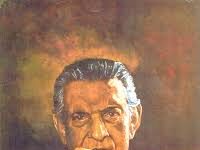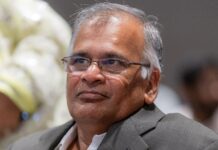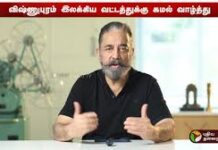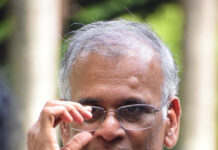In my philosophy class, I gave an example and asked the students to theorize it. Generalization and abstraction are exercises in philosophical education.
The recent Wayanad landslide is an example I have provided. I instructed them to gather all perspectives on the issue and formulate a comprehensive philosophical statement. I provided them with various interrelated news and stories about the Wayanad issue, including the geological causes of landslides, the British warnings about their potential, the Madhav Gadgil report, the frequent occurrence of landslides, the employment of common laborers and their living conditions, and the government’s stance on the issue.
The rationale for disseminating that message stemmed from the widespread discussions surrounding it at the time. You don’t have to read many new articles to make that compilation.
A woman who participated in the training wrote to me that, when she told her daughter, who had a higher education in economics, about this training, her daughter became furious. “You and he didn’t die in the landslide, so you’re playing a philosophical game,” she said. The woman also felt that what her daughter said was right. It seemed like righteous indignation.
These are typically the initial responses to any public issue on our social media platforms. We are used to it. We started to believe that it was justified outrage: ‘One is lying dead here.’ “What are you talking about right now?” This mindset is common in the village and visible everywhere. In fact, education tends toward the opposite mindset. Education is an attempt to get to the essence of something. That is what Valluvar said: ‘Seeing the reason is knowledge’.
Hearing the news about the Wayanad incident, it is normal for everyone to feel emotional, outraged, and disappointed. This disgust or revulsion stems from an emotional acceptance of a small part of the message. We can only take the correct position if we consider all sides. This is evident in the example mentioned above. In that exercise, we seek to bring together all the available aspects of landslides for a common understanding. The British warning about landslides and the Madhav Gadgil report are as true as thousands of workers’ living conditions and Kerala’s economic structure. They are the two sides of the truth. Standing on one side and getting emotional won’t help you gain reason. A logical approach is the key to understanding reality and reasoning through it. Philosophy is the way to see that reason.
There is no emotion in philosophy. That is one reason why I prescribed this issue; understanding a hyper-emotional issue without emotion is a good exercise to learn philosophy. Relying on one side and exhibiting hypersensitivity is the antithesis of philosophy. A common view holds that an individual who becomes emotional when confronted with negative news is reasonable, while a balanced individual who considers all perspectives is considered selfish or uninteresting. However, regardless of the level of education one pursues in India, this general perspective is common everywhere. Here, the education system solely imparts knowledge about various educational platforms. There is no place for logical thought. Logical education is always philosophical education.
He who sees all, from which he derives an understanding, can attain deep emotion. It’s not just momentary turbulence. It is a state of consciousness based on the clarity that arises from realizing reality. He is the only one who can truly make a difference in that realm. In India today, people tend to view philosophy with fear and suspicion. Emotion is celebrated. The real issue facing India today is the absence of philosophy. This country is known for its rich philosophical heritage! In contrast, Europe and America have their own philosophy-based educational systems.
In any subject, our mind naturally goes towards something that is convenient for us, something that appeals to our feelings, or something that we already know. Our hyper-emotions make us believe that only one side of reality is true. Because of this belief, we fiercely clash with the opposition. Our religionists and politicians share this mindset. That’s how social media discussions go. Philosophy can be defined as a concise approach to overcoming a one-sided view. It is a way to transcend the general perspective of common sense into reason.











